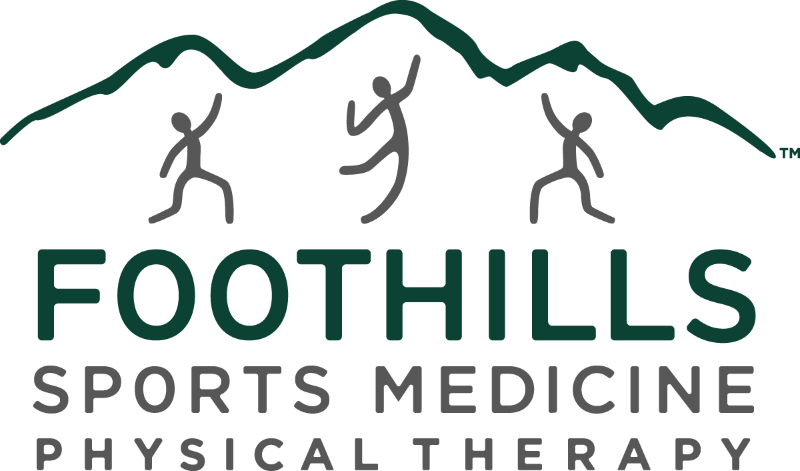Many of us do not think about the impact that food can have on how we feel, especially when we are healing from an injury or surgery. Food tends to be used as a release from a stressful day, as a celebration, or for socialization – but it is less commonly viewed as fuel for the body. “Living a healthy lifestyle” has become a very common phrase and goal these days, but what does it really mean in terms of daily nutritional intake and exercise output? It is easy to spot organic produce at the grocery store, or look at gluten-free options and wonder, should I be purchasing these foods for myself and my family? What if you recently had surgery? Should you increase your protein intake? Eat more vegetables? Fewer carbs?
The types of food we eat while healing can impact our recovery time frame, change our mood, and fuel the body for recovery. This is why food should be viewed as a fuel source – just like a car needs proper fuel to run at its optimal level, so do our bodies. A combination of lean protein, fresh fruits and vegetables, complex carbohydrates, and healthy fats will properly fuel a healing body. Some examples of good lean proteins are turkey, chicken, fish, egg whites, and even bison and kangaroo. The benefits of eating lean protein include helping you feel full longer, but they go much beyond that. Lean protein assists in rebuilding muscle, is healthier for your heart, and gives you the energy you need to heal.
Eating plenty of fruits and vegetables is obviously also an important part of a balanced diet, but many patients question whether or not they should be buying organic produce. The definition of the term organic is controversial, and products with organic labels aren’t necessarily better for you. However, some of the products that should be purchased organic when possible include strawberries, apples, nectarines, grapes, celery, spinach, and tomatoes. Why? These items are often grown using the most pesticides, which can easily be absorbed through the thin skins of these products. Organic farms typically use fewer pesticides, so purchasing these items will reduce your risk of putting harmful materials into your body when you are trying to heal.
Some examples of complex carbohydrates you should include in your diet are brown rice, whole grain pasta, beans, oats, buckwheat, and quinoa. These carbohydrates are low on the glycemic index, which means your blood sugar levels rise at a slower rate after you eat them. This keeps your blood glucose and energy levels stable by avoiding sugar spikes and crashes. A common serving size for carbohydrates is 1/4 to 1/3 cups cooked for women and 1/2 to 3/4 cups cooked for men, based on your activity level.
Fats have gained a bad reputation in the realm of healthy eating, but there are healthy fats that are not only good for you, but also an important and necessary component of a balanced diet. Some examples of healthy fats include olive oil, coconut oil, avocadoes, salmon, nuts and nut butters, and pumpkin, chia, and flax seeds.
White sugars and processed foods are common staples in most Americans’ diets. These foods can be a major deterrent in the healing process due to the inflammation that white sugar and processed foods cause. Refined sugar contains no fiber, no minerals, no protein, no fat, and no enzymes – only empty calories. What happens when you eat a refined carb like sugar? Your body must borrow vital nutrients from healthy cells to break down the food. Calcium, sodium, potassium, and magnesium are taken from various parts of the body to make use of the sugar. When recovering from injury, you need these vital minerals and nutrients to expedite the healing process and shorten your recovery, rather than wasting them on digesting unhealthy foods.
Your body uses everything you put into it – for good, or for bad. Next time you reach for a snack, think about how your body is going to use it as fuel, and the impact it will have on you. Keeping this in mind will help you make healthier choices, and it will help you to recover from illness or injury as quickly as possible.
Foothills Sports Medicine is a group of Phoenix physical therapy clinics that are dedicated to helping you become healthier in every aspect of your life. Our expert staff use cutting edge techniques and individualized care plans to ensure you have the best therapy experience possible, and they offer a free assessment of your PT needs (scheduled here). For more advice about Phoenix physical therapy, check out our blog!
The Important Connection Between Nutrition and Healing




